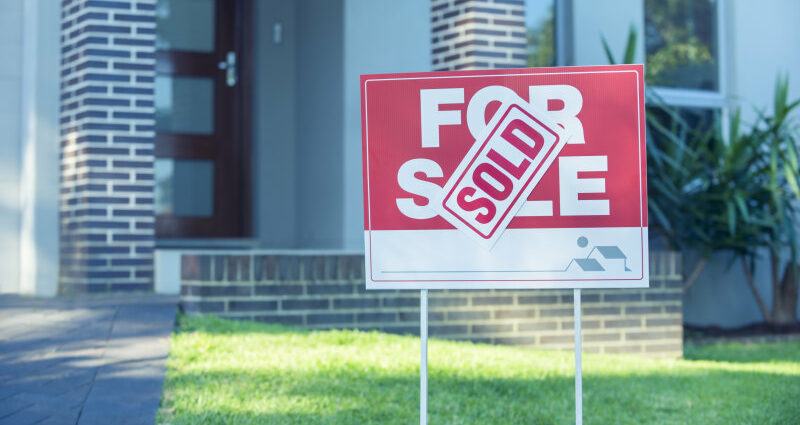Home owners may be cursing the RBA board for its string of rate rises but what about wannabe first home buyers? Are they in a better or worse position than a year ago?
New research finds most of us think they’re worse off: 65 per cent of Australians and 72 per cent of people aged 18 to 34 believe young people will never be able to afford a home.
Homeowners may be cursing the RBA board for its string of rate rises but what about wannabe first-home buyers?Credit:iStock
First home buyers can’t borrow as much as they could because loans are being assessed at rates close to 9 per cent, thanks to the 3 per cent “buffer rate” lenders must apply. Vince Scully, a mortgage broker at Life Sherpa, says the bank of mum and dad “won’t solve this problem because kids need to be able to service the loan”.
On the other hand, some things are working in their favour. First, property prices dropped by record amounts in half the country’s house and unit suburb markets last year, according to CoreLogic, and are now sitting around 13 per cent above where they were in March 2020. So, deposits are dropping too.
There will also be distressed sales later this year as some over-stretched borrowers hit what has been called the “fixed rate mortgage cliff”, which could mean extra housing supply and further price falls.
Secondly, it’s a great time to have a savings account instead of a mortgage, as long as you shop around for the best rates.
The average big bank ongoing savings rate remains below 2 per cent, according to Canstar, sparking an ACCC inquiry last week. But the best rates if you’re prepared to move your money are as high as 4.8 per cent with the likes of ING – and younger savers can get even more. RateCity reports that BOQ is now offering under-35s up to 4.90 per cent.
Third, some banks now offer special home loan discounts for first home buyers and longer-term loans up to 40 years to get around the serviceability challenge.
And finally, there’s never been more government help for first home buyers. Here’s the latest.
Shared equity schemes: The Albanese Government promised one of these with 10,000 places a year for first home buyers at the election. But NSW, WA and Victoria have them in place already. The government co-purchases 25-40 per cent of a property with first home buyers who have at least a 2-5 per cent deposit.
In NSW, it’s for “key workers” earning under $90,000 a year, along with single parents and singles over 50. In Victoria, it’s for those who earn under $128,000 a year. In WA, it’s under $70,000 a year.
First home owner grants: These range from $10,000-$15,000 and are limited to new homes in all but the ACT. But first home buyers also don’t pay stamp duty in NSW, Victoria or the ACT up to a certain purchase price, and NSW is also giving them the option of paying annual land tax instead of stamp duty. The Coalition will extend this scheme if it wins the March election, whereas Labor will extend the stamp duty concessions.
First home guarantee scheme: If you’re one of 35,000 people each year to qualify, you can buy with only a 5 per cent deposit and the government goes guarantor for the remaining 15 per cent so you can avoid Lender’s Mortgage Insurance – which is usually required if you have less than a 20 per cent deposit.
First home super saver scheme: First home buyers can save money towards a deposit at a lower tax rate inside their super fund, up to $15,000 a year and up to $50,000 all up.
Scully warns against letting “the government incentive tail wag the home-buying dog”. Don’t buy a new home or a cheaper home, for example, just to get a grant. Don’t assume land tax is always a better option than stamp duty. Take a long view and get some advice.
- Advice given in this article is general in nature and is not intended to influence readers’ decisions about investing or financial products. They should always seek their own professional advice that takes into account their own personal circumstances before making any financial decisions.
Joel Gibson is a TODAY regular and author of EASY MONEY: 7 Steps to Bust Your Bills (Simon & Schuster, $29.99).
Most Viewed in Money
From our partners
Source: Read Full Article
-
Eurozone Inflation Slows To 15-Month Low; Lagarde Signals More Hikes
-
Compulsory super only really benefits one group of workers
-
Hikma Pharma H1 Profit Down, Revenues Up; Lifts FY23 Forecast For Generics
-
My grandparents helped shape Australia. Migration will also be key to our future
-
How much do retirees really live on in Australia?


